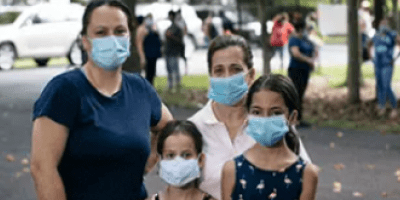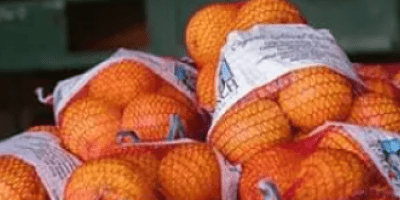Connecting Health and Food Access
Health is important for everyone, no matter their age. When someone doesn’t have enough food or can only afford foods with low nutritional value, it can seriously impact their health.
Our health and nutrition programs go beyond just providing meals. We focus on how food access can improve overall health and well-being. We work with food banks and partners nationwide to address food insecurity, nutrition, and health.

Access to Healthy Foods
Promoting nutrition means ensuring people can access foods that fight disease, respect their cultural traditions, and promote wellness.

Nutrition Education
Food banks are crucial in providing education that empowers individuals to make healthier choices. Knowledge is key to making positive changes in our overall health.

Health Partnerships
By forming strong partnerships with health care providers, we can reach more people at risk of food insecurity, improve nutrition, and achieve health equity.
Why Health and Nutrition Matter
Food insecurity, nutrition, and health are closely connected. People facing food insecurity have few options for nutritious foods and healthy eating. Poor nutrition increases the risk of health issues like diabetes and hypertension. Food insecurity makes managing a chronic disease even harder.
At Feeding America, we actively address these challenges.
-
 Food As Medicine
Food As MedicineFood banks work with health care partners to identify patients facing food insecurity during their visits. They then provide food assistance at health care facilities, food pantries, or meal programs.
-
 Health Equity
Health EquityFood insecurity is connected to poverty, poor diet quality, and chronic disease – the social determinants of health. Feeding America supports food banks with educational programs and grants to reduce disparities in their communities.
-
 Nutrition
NutritionCreating healthy communities requires access to culturally diverse, nutritious food. Food banks empower our neighbors by sourcing foods that reflect their food traditions and lifestyles and positively impact health and nutrition.
Learn more
Feeding America helps local food banks with food, funds, and capacity building so that together we can serve more of our neighbors facing hunger across the United States.

Advocacy
We advocate for strong federal food and nutrition programs for children, seniors, and families.

Research
Explore our original research on how food insecurity impacts physical and mental health.

Farm Partnerships
Discover how Feeding America works with farms to provide access to nutritious foods.
